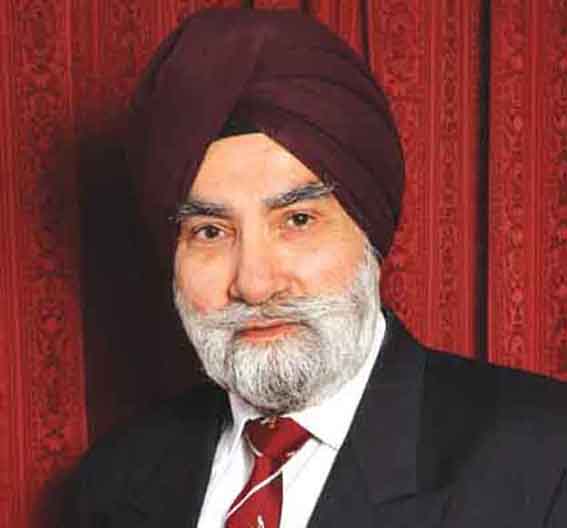Transnational Licence to Kill?

After Canadian allegations regarding Indian hand behind the murder of Hardeep Singh Nijjar, indictment by Southern District of New York, of Indian national, Nikhil Gupta, for attempted murder of a Sikh activist, has not come as any surprise.
Unlike Canada, the US agencies have at least sufficient evidence for the court to issue an indictment. The plot is linked to an official of the Indian Government intelligence agency. However, when discussing this sensitive topic, it must be remembered that nothing has been proven against the Indian state through the law courts. The earlier allegation by Canada against India was premature and ill-advised without proof.
It is time to reflect much more seriously about the multi-dimensional implications for the global image and internal unity of India. Community relations in diaspora countries can be affected. Let us focus on one or two important aspects from a Sikh viewpoint.
If this is a political gamble to win over extreme right nationalist votes in India in 2024 elections, then this would be a very short-sighted tactic. Indian politicians need to keep in mind that the unity of the diverse Indian communities and states, especially northern and south divides, can only be based on consensus. Unity cannot be forced. Democratic institutional checks and balances must not be tampered with. When force is used, that will give rise to revolts. That is the historical lesson for ultra-right nationalist elements in India. More recent is the international dimension.
Killing Sikh activists abroad under whatever pretext, can only do longer-term damage to the image and interests of India even if its agencies become more sophisticated and do not get caught!
If BJP Government is involved in the targeted killing of Sikh activists abroad as alleged by the US with prima facie evidence, then that will certainly weaken the position of the moderate Sikhs abroad. That will not be in Indian interest. That is the repeated Sikh experience after 1984 because of continual provocations.
Otherwise, unfortunately, there is nothing new about extra-judicial killings in most countries including India. Covert operations by the US CIA readily come to mind. Panjab is accustomed to false encounters by the police. Late Jaswant Singh Khalra uncovered the illegal killings and cremations of 25,000 Sikhs. Allegedly, even some police officers unwilling to co-operate were not spared. So, there is nothing new in extrajudicial killings in India. If such killings are now transnational then there is bound to be a reaction from other governments mindful of impact on own law and order.
Sikhs have experienced ten years of genocide which started in June 1984 with the invasion of Darbar Sahib and dozens of historical gurdwaras by own Indian Army. Victim families still await justice. So, killing of Sikh activists abroad will not stop lawful Sikh activism but fuel it. Responsible community leaders and law enforcement agencies can only hope that any reaction will continue to be within the law.
In percentage terms diaspora Sikhs numbers are significant. By far, most Sikhs are law-abiding as other Indian communities. However, it is not always possible for community mentors to stop next generations to react to the killing of Sikh activists at home and abroad, allegedly, by Indian state agents.
Otherwise, as a senior Sikh Indian colleague observed recently, Sikh history and aspirations may be unique but so is the Sikh demonstrated sense of belonging and contribution for the well-being of this land, India.
Gurmukh Singh OBE
Principal Civil Servant retd (UK)